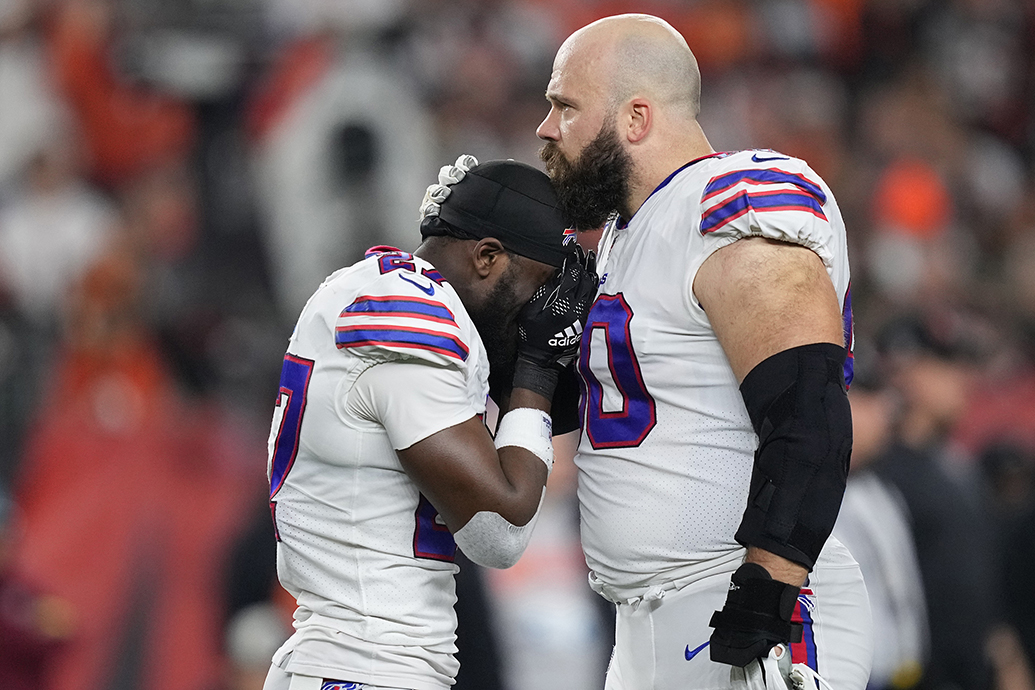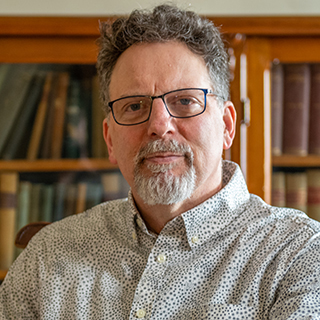Michael Addis helps rewrite the playbook on men’s mental health

When Buffalo Bills safety Damar Hamlin crumbled to the turf after suffering a cardiac arrest in a Jan. 2 game against the Cincinnati Bengals, the ESPN cameras captured not only the life-saving response of medical personnel but also the stunned and tearful reactions of players from both football teams as they comforted one another in a public display of emotion that would have been less evident even a couple of decades ago. Hamlin’s life-threatening heart stoppage was a rarity in a game typically associated with orthopedic injuries and long-term brain trauma, and the sight of medics performing CPR on a fellow player left the athletes shaken, despondent, and grappling with a heightened sense of their own fears and vulnerabilities.

In the days afterward, the media reported on Hamlin’s improving status, but they also turned their attention to the longstanding issue of how the players on the field, as well as the millions of fans watching at home, may still be processing what they’d witnessed. Several national outlets turned to Clark Psychology Professor Michael Addis, an expert on men’s mental health and the author of “Invisible Men,” to offer insight into the ramifications for players, and men in general, when they deal with emotional upheaval.
“I think it’s a sign that we’re better prepared than we were a quarter of a century ago to acknowledge emotional and physical health problems in men because, of course, all the sort of traditional laws of masculinity teach us to hide that,” Addis told CNN.com.
In an interview with New York Times-owned The Athletic (the story is posted behind a paywall), Addis noted that “trauma comes in all shapes and sizes” and will be experienced differently by the players over time. Typically, he said, players repress the notion that an injury even in a game as violent as professional football might be fatal. “Over time they develop, I think, a sense of invincibility and the necessity of putting your body at risk. But doing that can insulate you to the possibility of mortality.” The life-threatening injury to Hamlin suddenly forced them to confront their own mortality.
A long-form piece in the Buffalo News by reporter Tim O’Shei deftly wove together the narrative of Hamlin’s saga and its impact on his teammates, family, and the city of Buffalo. The story, he noted, is one of both strength and vulnerability, particularly among the men in helmets and shoulder pads who were on the field that Jan. 2 night. Among O’Shei’s interviewees was Addis, who remarked that “men getting more flexible in how we handle our emotions — in developing our toolkit — is good for everyone around us. We become more available … we become, potentially, people to connect with, and to get support from, and give support to.”


